Home>Home Appliances>Heating & Cooling>What Is Solar Air Heating
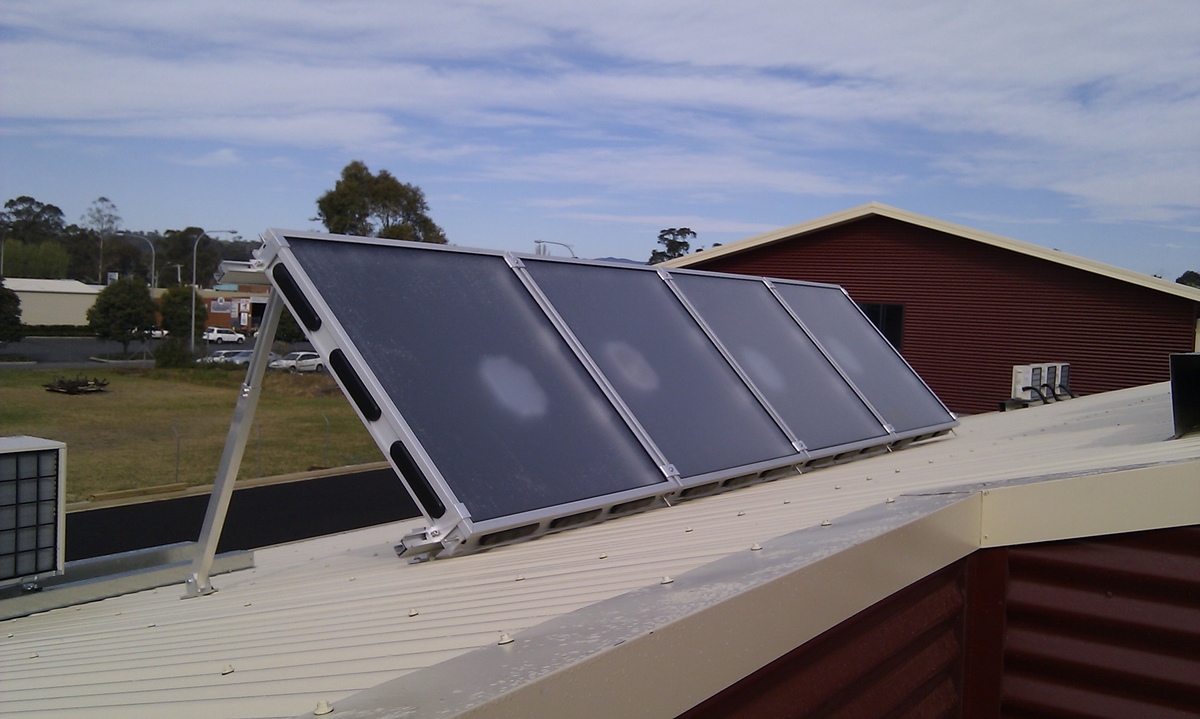

Heating & Cooling
What Is Solar Air Heating
Published: February 16, 2024
Discover the benefits of solar air heating and how it can improve your heating and cooling systems. Learn about the advantages of this sustainable heating solution.
(Many of the links in this article redirect to a specific reviewed product. Your purchase of these products through affiliate links helps to generate commission for Storables.com, at no extra cost. Learn more)
Introduction
Solar air heating is a sustainable and cost-effective technology that harnesses the power of the sun to provide warmth and comfort. As the world increasingly turns towards renewable energy sources, solar air heating has emerged as a viable solution for reducing energy costs and minimizing environmental impact. By utilizing solar energy to heat air, this innovative technology offers a compelling alternative to traditional heating systems.
The concept of solar air heating revolves around the principle of converting sunlight into thermal energy, which is then used to heat air for residential, commercial, and industrial applications. This process not only reduces reliance on non-renewable energy sources but also contributes to a greener and more sustainable future.
Solar air heating systems come in various forms, each designed to cater to specific needs and environments. From simple, passive solar air heaters to more complex, active systems, the versatility of solar air heating makes it adaptable to a wide range of settings. Whether it's a residential home, a commercial building, or an industrial facility, solar air heating can be tailored to suit diverse heating requirements.
In this comprehensive guide, we will delve into the intricacies of solar air heating, exploring how it works, the different types of systems available, the benefits it offers, and the practical applications across various sectors. Additionally, we will discuss important considerations for installing solar air heating systems, providing valuable insights for those considering the adoption of this sustainable technology.
As we embark on this journey through the realm of solar air heating, we will uncover the remarkable potential of this eco-friendly heating solution and its capacity to revolutionize the way we harness energy for warmth and comfort. Join us as we unravel the captivating world of solar air heating and discover the boundless possibilities it presents for a more sustainable and energy-efficient future.
Key Takeaways:
- Solar air heating harnesses the sun’s energy to warm buildings, reducing energy costs and environmental impact. It’s like having a free and eco-friendly heater powered by the sun!
- Solar air heating comes in different types, from simple to complex, and offers benefits like cost savings, environmental sustainability, and energy independence. It’s like having heating options that are good for your wallet and the planet!
Read more: What Is Air-to-Air Heating
How Solar Air Heating Works
Solar air heating systems operate on a simple yet ingenious principle, utilizing the sun's abundant energy to heat air and provide warmth for various applications. The process begins with the absorption of solar radiation by a solar collector, which is typically mounted on a building's exterior or integrated into its architecture. The collector, often comprised of a dark, heat-absorbing material, such as metal or thermally efficient polymers, is designed to efficiently capture and convert sunlight into thermal energy.
As sunlight strikes the surface of the solar collector, the absorbed energy is transformed into heat, raising the temperature of the collector. This heat is then transferred to the air passing through the collector, either through natural convection or with the assistance of fans or blowers in active systems. As the air absorbs the thermal energy, it becomes heated and is subsequently directed to the desired space for heating purposes.
In passive solar air heating systems, the heated air is circulated through ducts or channels, naturally flowing into the interior of a building or the designated area. This natural convection process allows the warm air to disperse and provide a consistent and comfortable indoor environment. On the other hand, active solar air heating systems employ fans or blowers to facilitate the movement of heated air, ensuring efficient distribution and optimal heating performance.
The heated air can be utilized for a variety of purposes, including space heating, ventilation, and industrial processes. In residential settings, solar-heated air can be channeled into living spaces, reducing the reliance on conventional heating systems and lowering energy costs. Similarly, in commercial and industrial applications, solar air heating can be integrated into ventilation systems to provide preheated air for manufacturing processes, drying applications, and other industrial operations.
The effectiveness of solar air heating systems is further enhanced by thermal storage mechanisms, which allow excess heat to be stored for later use. This enables the systems to continue providing warmth even when sunlight is not available, extending their utility and ensuring consistent heating performance.
By harnessing the power of the sun to heat air, solar air heating systems offer a sustainable and environmentally friendly alternative to traditional heating methods. The seamless integration of solar energy into heating processes not only reduces energy consumption but also contributes to a greener and more sustainable future. As we continue to explore the diverse applications and benefits of solar air heating, it becomes evident that this innovative technology holds immense potential for revolutionizing the way we approach heating and energy utilization.
Types of Solar Air Heating Systems
Solar air heating systems encompass a diverse array of configurations, each tailored to specific requirements and environmental conditions. These systems are designed to harness solar energy and convert it into thermal warmth, offering sustainable heating solutions for residential, commercial, and industrial applications. Understanding the different types of solar air heating systems is essential for selecting the most suitable option based on heating needs and available resources.
-
Passive Solar Air Heating Systems: Passive systems are characterized by their simplicity and reliance on natural processes for air circulation and heat distribution. Typically, passive solar air heaters consist of a solar collector, often integrated into a building's south-facing facade, and a system of ducts or channels for air circulation. As sunlight strikes the collector, the absorbed heat warms the air, which then naturally flows into the interior spaces through convection. These systems are cost-effective and low-maintenance, making them an attractive option for residential heating applications.
-
Active Solar Air Heating Systems: In contrast to passive systems, active solar air heating systems incorporate fans or blowers to facilitate the movement of heated air. This active circulation ensures more efficient heat distribution and allows for greater control over the heating process. By actively circulating the heated air, these systems can achieve higher thermal performance and are well-suited for commercial and industrial heating requirements.
-
Transpired Solar Collectors: Transpired solar collectors are a specialized type of solar air heating system that utilizes perforated metal panels to capture solar energy. As sunlight passes through the perforations, the air behind the panels is heated and then drawn into the building's ventilation system. This innovative approach to solar air heating is particularly effective for large-scale industrial and commercial applications, providing a cost-effective means of harnessing solar energy for heating and ventilation.
-
Thermosiphon Systems: Thermosiphon systems employ the natural principle of convection to circulate air through the solar collector and into the designated space for heating. The heated air rises within the collector, creating a natural flow that carries it into the building's interior. These systems are known for their reliability and simplicity, making them a popular choice for residential and small-scale heating applications.
-
Hybrid Solar Air Heating Systems: Hybrid systems integrate solar air heating with other heating technologies, such as traditional HVAC systems or heat pumps. By combining solar energy with conventional heating methods, these systems offer enhanced flexibility and reliability, ensuring consistent heating performance even in varying weather conditions. Hybrid solar air heating systems are well-suited for applications where a seamless transition between solar and conventional heating is desired.
Each type of solar air heating system offers unique advantages and is adaptable to different settings and heating requirements. By understanding the characteristics and capabilities of these systems, individuals and organizations can make informed decisions when selecting the most suitable solar air heating solution for their specific needs.
In summary, the diverse range of solar air heating systems presents a wealth of options for harnessing solar energy to provide sustainable and cost-effective heating solutions. Whether it's the simplicity of passive systems, the efficiency of active systems, or the specialized capabilities of transpired collectors and hybrid systems, solar air heating offers a versatile and environmentally friendly approach to meeting heating needs across various sectors.
Benefits of Solar Air Heating
Solar air heating offers a multitude of compelling benefits that make it an attractive and sustainable heating solution for residential, commercial, and industrial applications. By harnessing the power of the sun to provide warmth and comfort, solar air heating systems deliver a range of advantages that contribute to energy efficiency, cost savings, and environmental stewardship.
1. Cost Savings
One of the primary benefits of solar air heating is its potential for significant cost savings on energy bills. By utilizing freely available solar energy to heat air, solar air heating systems reduce reliance on conventional heating methods, thereby lowering energy consumption and associated costs. This financial advantage is particularly appealing for homeowners, businesses, and industrial facilities seeking to minimize operational expenses while embracing sustainable energy solutions.
Read more: What Is Warm Air Heating
2. Environmental Sustainability
Solar air heating systems align with environmental sustainability goals by reducing carbon emissions and reliance on non-renewable energy sources. By harnessing solar energy, these systems contribute to a greener and more sustainable future, mitigating the environmental impact associated with traditional heating methods. The use of solar air heating supports efforts to combat climate change and promote eco-friendly practices, making it a valuable asset in the transition towards renewable energy utilization.
3. Energy Independence
The adoption of solar air heating fosters energy independence by diversifying heating sources and reducing dependence on external energy suppliers. This self-sufficiency provides resilience against fluctuating energy prices and supply disruptions, offering greater control over heating needs and enhancing overall energy security for households and businesses.
4. Versatility and Adaptability
Solar air heating systems are versatile and adaptable, catering to a wide range of heating requirements across diverse settings. From residential homes and commercial buildings to industrial facilities, these systems can be customized to suit specific heating needs, offering flexibility and scalability in their application.
5. Long-Term Investment
Investing in solar air heating represents a long-term commitment to sustainable energy utilization. With minimal maintenance requirements and a lifespan that extends over decades, solar air heating systems offer enduring value, making them a sound investment for individuals and organizations seeking reliable and cost-effective heating solutions.
Read more: What Is Steamed Boiler Air Heating
6. Enhanced Property Value
The integration of solar air heating systems can enhance the value of residential and commercial properties, appealing to environmentally conscious buyers and tenants. The presence of sustainable heating technology adds to the overall appeal and marketability of properties, reflecting a commitment to energy efficiency and environmental responsibility.
7. Positive Public Perception
Embracing solar air heating demonstrates a commitment to environmental stewardship and sustainable practices, garnering positive public perception and contributing to a favorable brand image for businesses and organizations. This aligns with the growing emphasis on corporate social responsibility and environmental consciousness, enhancing the reputation and credibility of entities that prioritize sustainable energy solutions.
In summary, the benefits of solar air heating encompass cost savings, environmental sustainability, energy independence, versatility, long-term investment value, property enhancement, and positive public perception. These advantages collectively position solar air heating as a compelling and impactful solution for meeting heating needs while advancing sustainability and energy efficiency goals.
Applications of Solar Air Heating
Solar air heating systems find diverse and impactful applications across residential, commercial, and industrial settings, offering sustainable and cost-effective solutions for meeting heating needs. The versatility and efficiency of solar air heating make it well-suited for a wide range of applications, contributing to energy savings, environmental stewardship, and enhanced comfort in various environments.
Residential Heating
In residential settings, solar air heating systems provide an eco-friendly and economical alternative to traditional heating methods. These systems can be integrated into homes to deliver warmth and comfort, reducing reliance on fossil fuel-based heating systems and lowering energy bills for homeowners. Solar air heating is particularly effective for space heating, offering a renewable and sustainable source of warmth for living spaces, garages, and other residential areas.
Read more: What Is A Hydro Air Heating System
Commercial Buildings
Solar air heating is increasingly embraced in commercial buildings, where it serves as a reliable and efficient heating solution. From office complexes and retail establishments to educational institutions and healthcare facilities, solar air heating systems contribute to energy efficiency and operational cost savings. By harnessing solar energy for heating, commercial buildings can reduce their environmental footprint while enhancing indoor comfort for occupants.
Industrial Applications
In industrial settings, solar air heating plays a vital role in supporting various processes that require controlled temperatures. From manufacturing facilities and warehouses to agricultural operations and drying applications, solar air heating systems provide preheated air for industrial processes, contributing to energy savings and operational efficiency. The use of solar air heating in industrial applications aligns with sustainability initiatives and promotes responsible energy utilization.
Agricultural and Farming Operations
Solar air heating systems are well-suited for agricultural and farming operations, where they can be utilized for crop drying, livestock housing, and greenhouse heating. By harnessing solar energy to provide warmth in agricultural settings, these systems offer a sustainable and environmentally friendly approach to supporting farming activities. Solar air heating contributes to the optimization of agricultural processes while minimizing energy costs for farmers and growers.
Community Facilities
Community facilities, such as recreational centers, community centers, and public buildings, can benefit from the integration of solar air heating systems. By utilizing solar energy for heating, these facilities can reduce their environmental impact and operating expenses while providing a comfortable and inviting environment for community members. Solar air heating supports the sustainability goals of community organizations and contributes to the overall well-being of local residents.
Read more: What Is Oil Forced Air Heating?
Off-Grid and Remote Locations
In off-grid and remote locations where access to conventional energy sources may be limited, solar air heating offers a practical and sustainable heating solution. By harnessing the abundant solar energy available in such environments, solar air heating systems provide a reliable source of warmth without relying on external energy infrastructure. This makes solar air heating particularly valuable for off-grid residences, remote facilities, and environmentally sensitive areas.
In summary, the applications of solar air heating encompass residential heating, commercial buildings, industrial operations, agricultural and farming activities, community facilities, and off-grid locations. By addressing heating needs across diverse settings, solar air heating systems contribute to energy efficiency, cost savings, and environmental sustainability, making them a valuable asset in the pursuit of sustainable and eco-friendly heating solutions.
Considerations for Installing Solar Air Heating Systems
When considering the installation of solar air heating systems, several important factors should be taken into account to ensure optimal performance, efficiency, and long-term benefits. From site assessment and system design to maintenance and integration, the following considerations play a crucial role in the successful implementation of solar air heating technology.
-
Site Suitability: Assessing the site for solar air heating installation is essential to determine its solar exposure, orientation, and potential obstructions. A south-facing orientation with minimal shading is ideal for maximizing solar energy capture. Additionally, the available space for mounting solar collectors and the structural integrity of the installation site should be evaluated to ensure compatibility with the chosen solar air heating system.
-
System Sizing and Design: Proper sizing and design of the solar air heating system are critical for meeting heating demands and optimizing energy utilization. Factors such as building size, heating requirements, and climate conditions should be carefully considered to determine the appropriate capacity and configuration of the system. Additionally, the integration of thermal storage solutions can enhance the system's ability to provide consistent heating, especially during periods of limited sunlight.
-
Regulatory Compliance and Permits: Compliance with local building codes, zoning regulations, and permit requirements is essential for the legal and safe installation of solar air heating systems. Obtaining necessary permits and adhering to regulatory standards ensures that the installation meets safety and quality guidelines, providing peace of mind and legal compliance.
-
Integration with Existing Heating Systems: For retrofit installations, integrating solar air heating systems with existing heating infrastructure should be carefully planned to ensure seamless operation and compatibility. Proper integration allows for the efficient utilization of solar heat alongside conventional heating methods, providing a balanced and reliable heating solution.
-
Maintenance and Servicing: Establishing a maintenance plan for the solar air heating system is crucial for preserving its performance and longevity. Regular inspections, cleaning of solar collectors, and monitoring of system components are essential to ensure optimal efficiency and prevent potential issues. Additionally, identifying qualified service providers for periodic maintenance and troubleshooting is vital for the long-term reliability of the system.
-
Financial Analysis and Incentives: Conducting a comprehensive financial analysis, including cost-benefit assessments and potential incentives, is essential for evaluating the economic viability of solar air heating installation. Exploring available rebates, tax credits, and financing options can provide valuable insights into the financial implications and return on investment associated with the installation.
-
Environmental Impact: Assessing the environmental impact of solar air heating installation, including the reduction in carbon emissions and energy savings, is integral to understanding the sustainability benefits of the technology. By quantifying the environmental advantages, stakeholders can gain a deeper appreciation for the positive ecological footprint of solar air heating systems.
By carefully considering these factors and addressing the specific requirements of the installation site, stakeholders can make informed decisions and ensure the successful implementation of solar air heating systems. These considerations contribute to the effective utilization of solar energy for heating purposes, promoting energy efficiency, sustainability, and long-term benefits for residential, commercial, and industrial applications.
Conclusion
In conclusion, solar air heating stands as a beacon of sustainable innovation, offering a compelling solution for meeting heating needs while advancing energy efficiency and environmental stewardship. The remarkable potential of solar air heating is underscored by its ability to harness the abundant energy of the sun and convert it into warmth for residential, commercial, and industrial applications. As we reflect on the intricacies and benefits of solar air heating, it becomes evident that this technology holds immense promise for shaping a more sustainable and eco-friendly future.
The journey through the realm of solar air heating has unveiled a myriad of advantages, ranging from cost savings and environmental sustainability to energy independence and long-term investment value. By leveraging solar energy for heating, individuals and organizations can reduce their carbon footprint, lower energy expenses, and contribute to a greener and more sustainable world. The versatility and adaptability of solar air heating systems further enhance their appeal, catering to diverse heating requirements and offering scalable solutions for various settings.
From residential homes seeking eco-friendly heating alternatives to industrial facilities aiming to optimize energy utilization, solar air heating presents a versatile and impactful solution. Its applications across residential, commercial, industrial, agricultural, and community settings demonstrate the breadth of its influence in promoting sustainable heating practices. By embracing solar air heating, stakeholders can not only achieve operational cost savings but also enhance their environmental responsibility and public perception.
The considerations for installing solar air heating systems underscore the importance of meticulous planning, regulatory compliance, and financial analysis to ensure the successful integration of this sustainable technology. By addressing site suitability, system design, regulatory requirements, and maintenance planning, stakeholders can pave the way for the effective utilization of solar air heating, maximizing its benefits and longevity.
As we embark on the journey towards a more sustainable and energy-efficient future, solar air heating emerges as a beacon of hope, offering a tangible and impactful means of reducing energy consumption and embracing renewable energy sources. The adoption of solar air heating represents a commitment to environmental stewardship, energy efficiency, and long-term sustainability, positioning it as a transformative force in the realm of heating and cooling technologies.
In essence, solar air heating embodies the convergence of innovation, sustainability, and practicality, paving the way for a future where warmth and comfort are seamlessly intertwined with environmental responsibility and energy efficiency. As we embrace the boundless potential of solar air heating, we embark on a journey towards a world where sustainable heating solutions empower individuals, enrich communities, and safeguard the planet for generations to come.
Frequently Asked Questions about What Is Solar Air Heating
Was this page helpful?
At Storables.com, we guarantee accurate and reliable information. Our content, validated by Expert Board Contributors, is crafted following stringent Editorial Policies. We're committed to providing you with well-researched, expert-backed insights for all your informational needs.
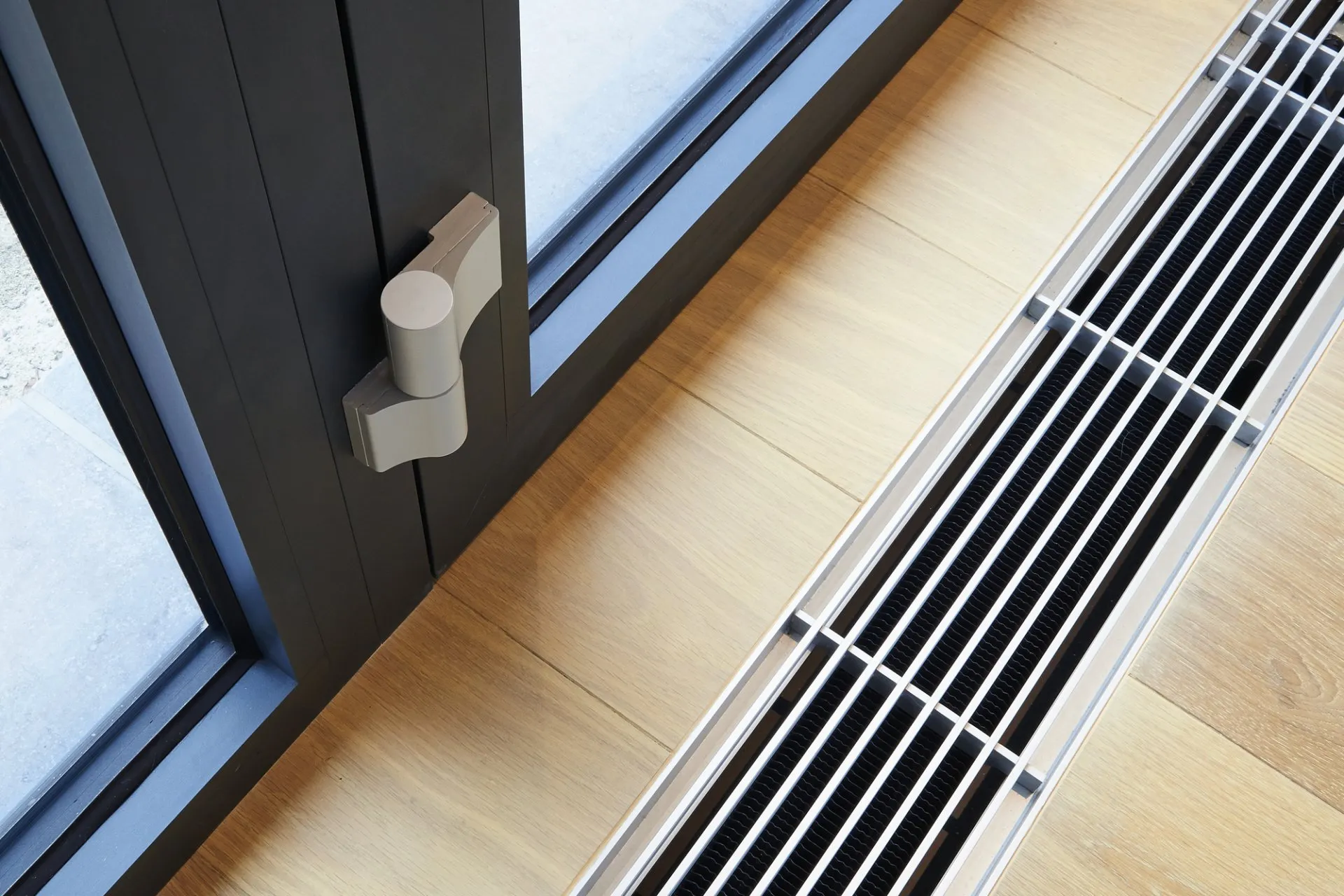
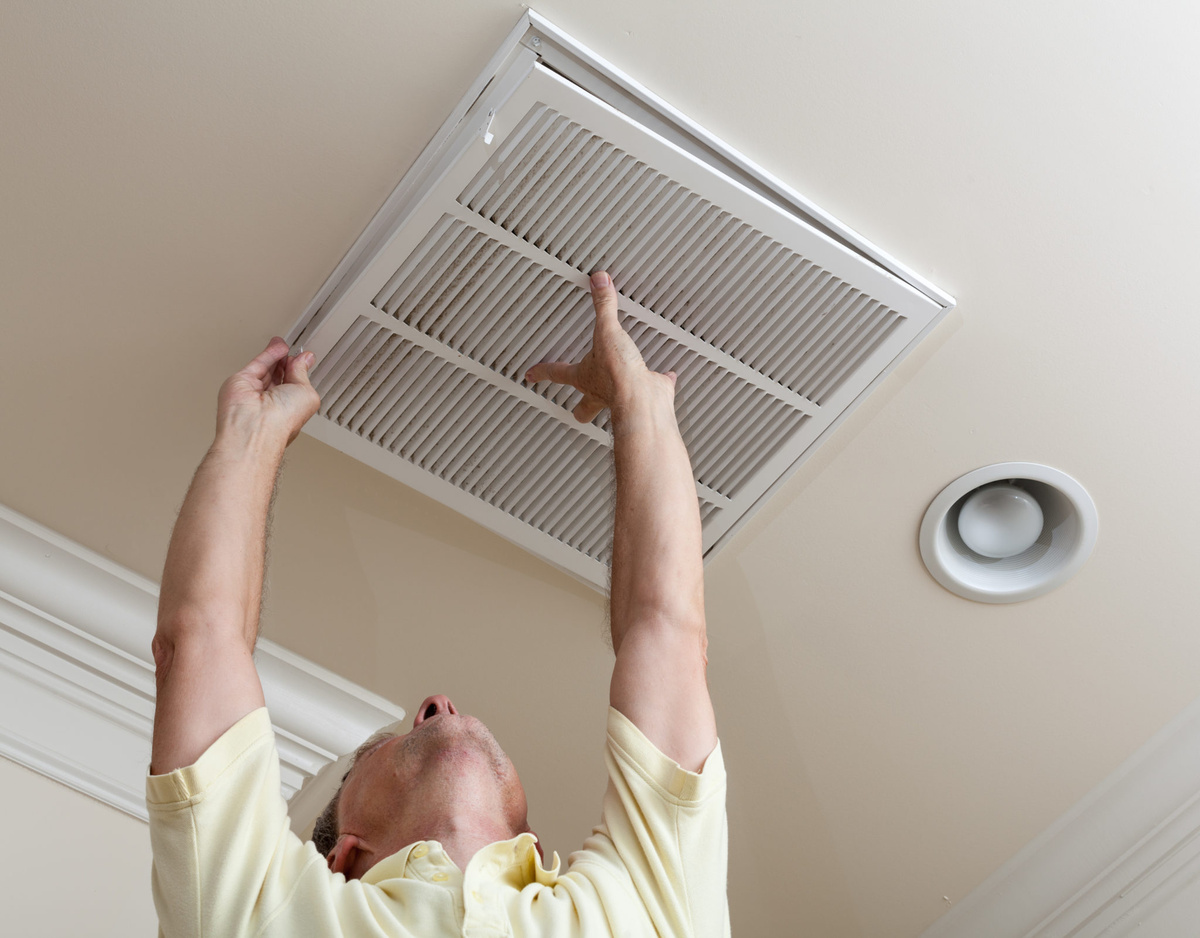
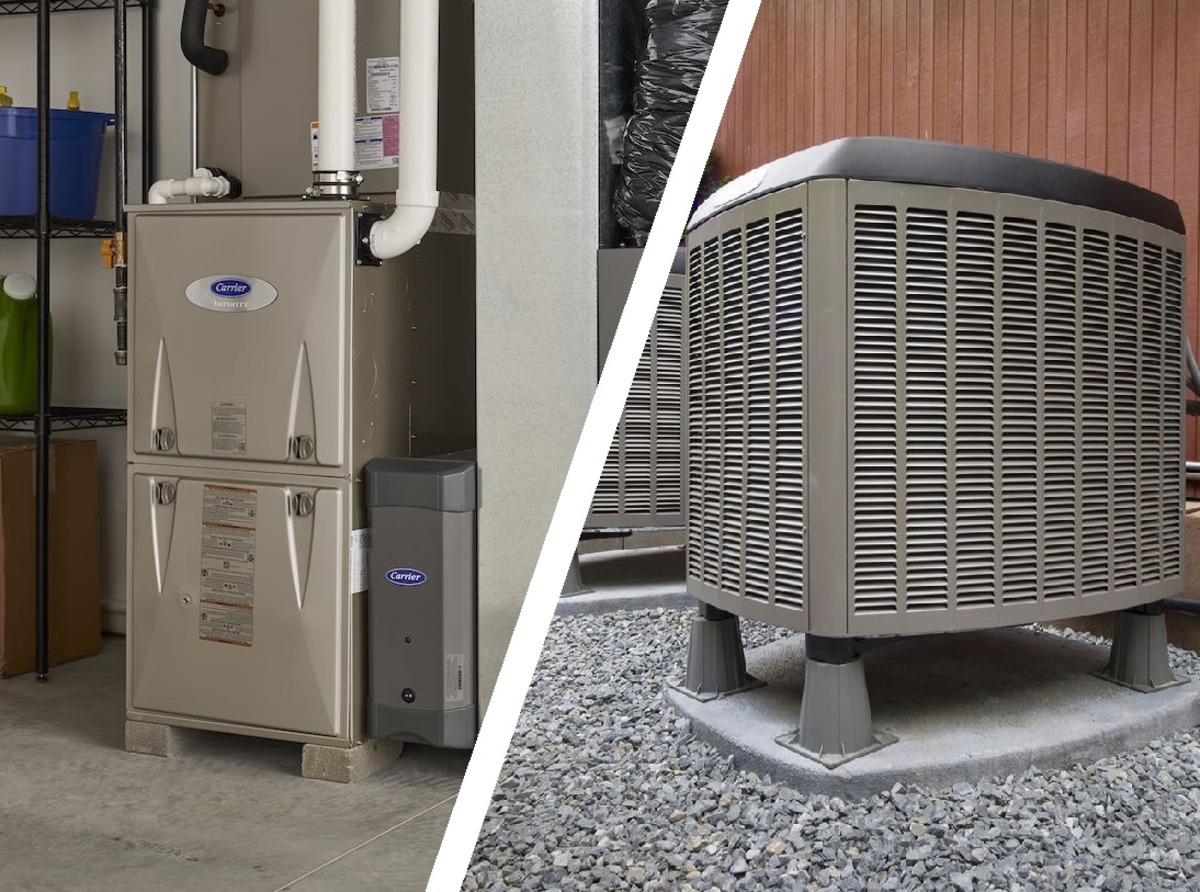
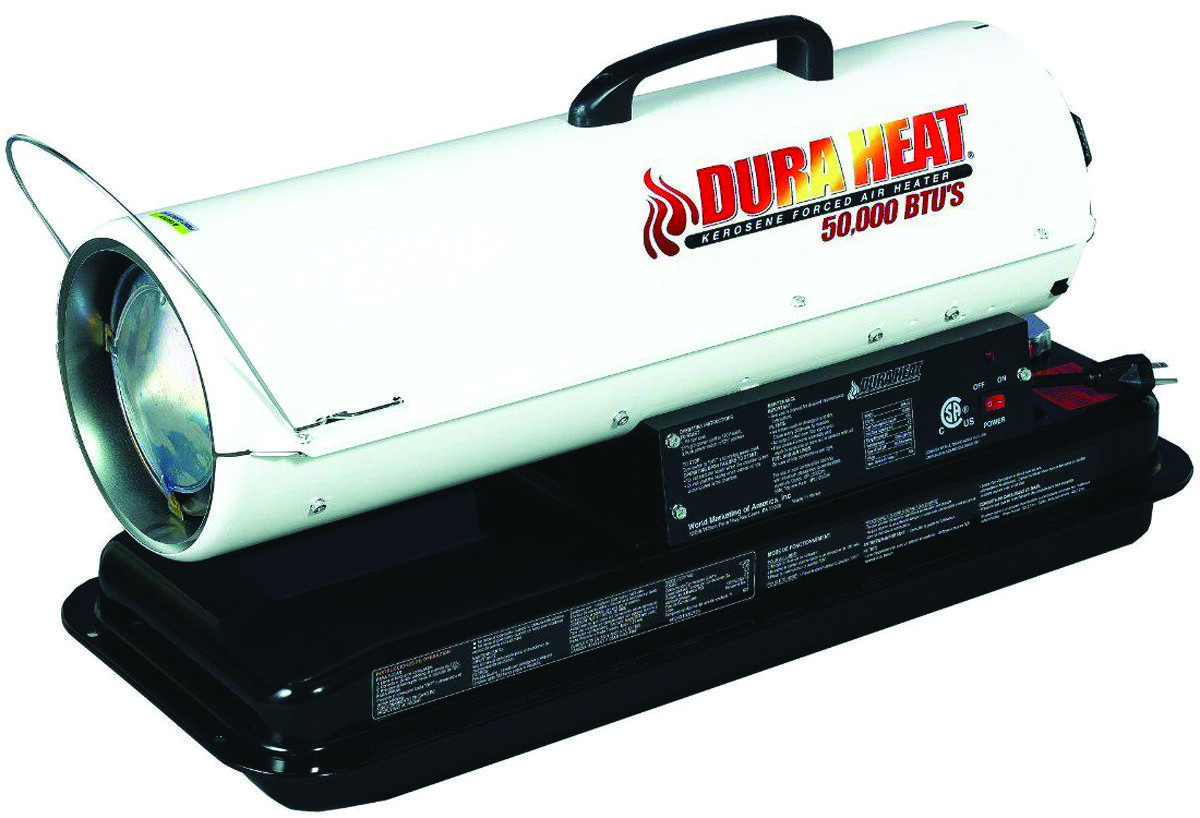
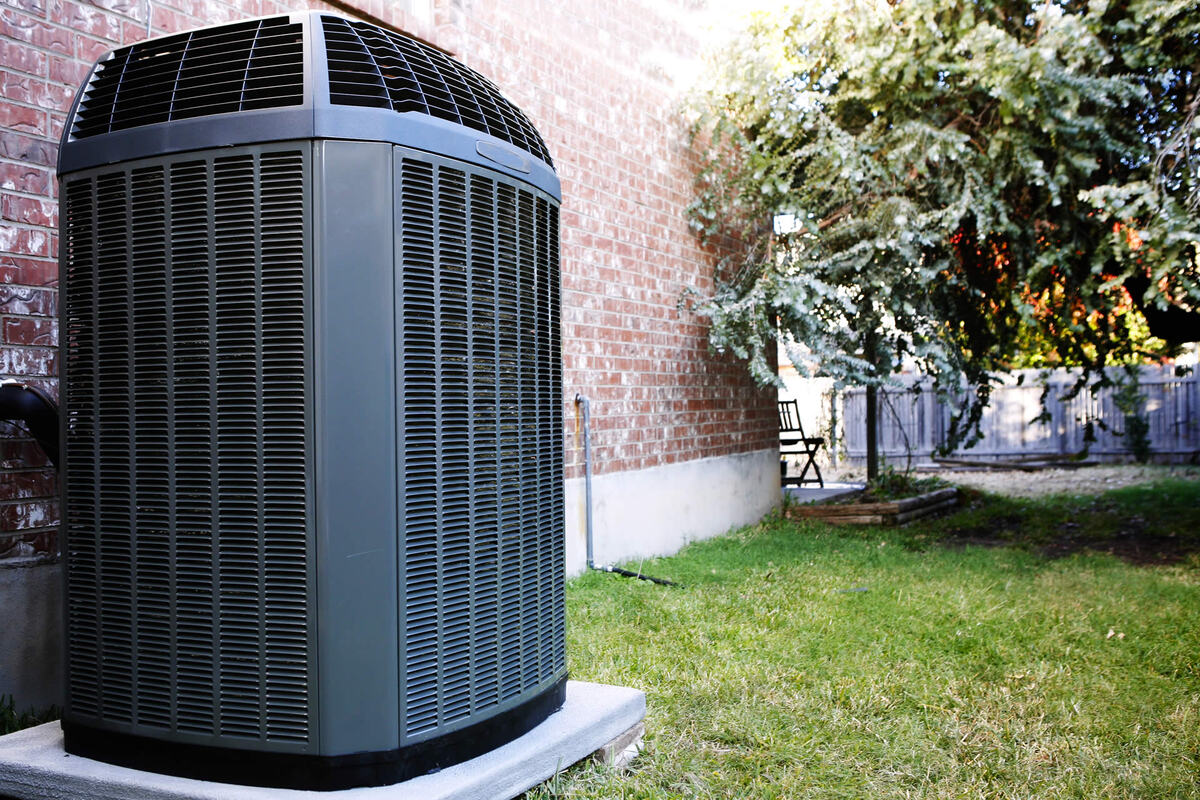
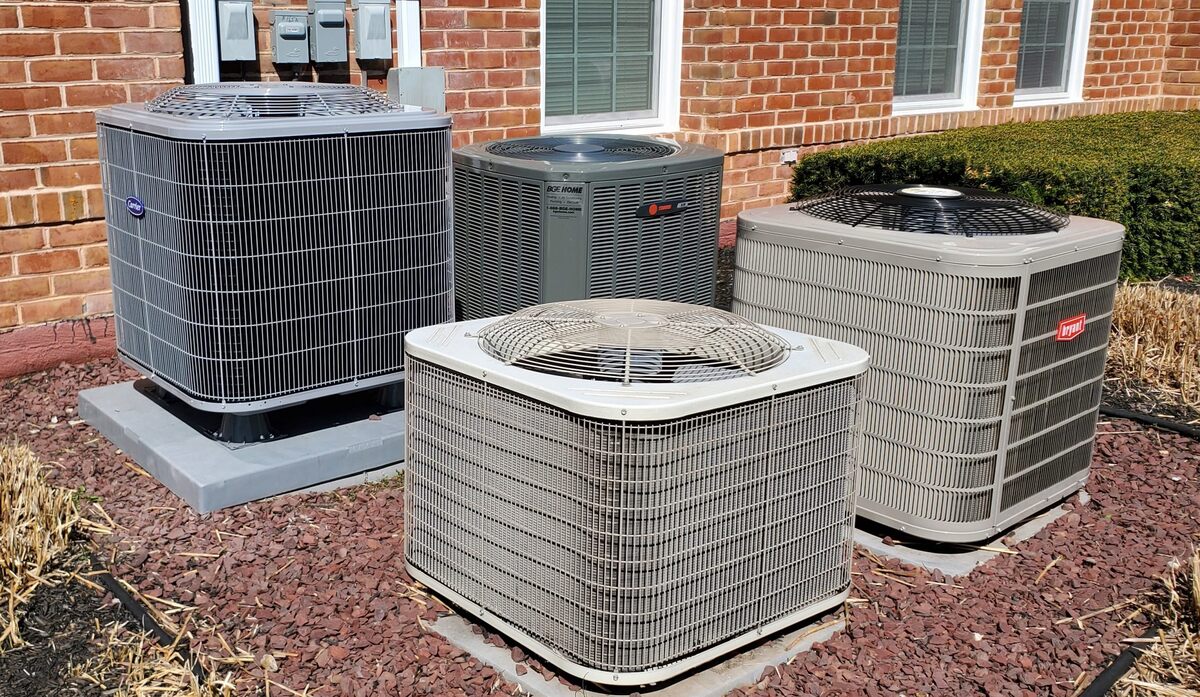
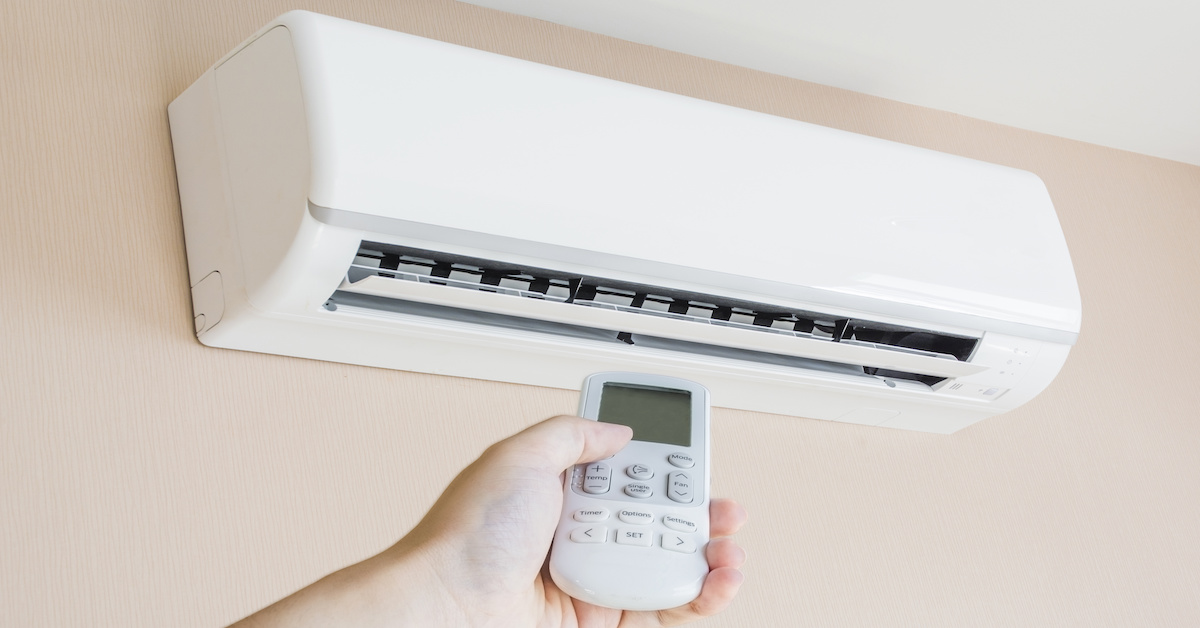
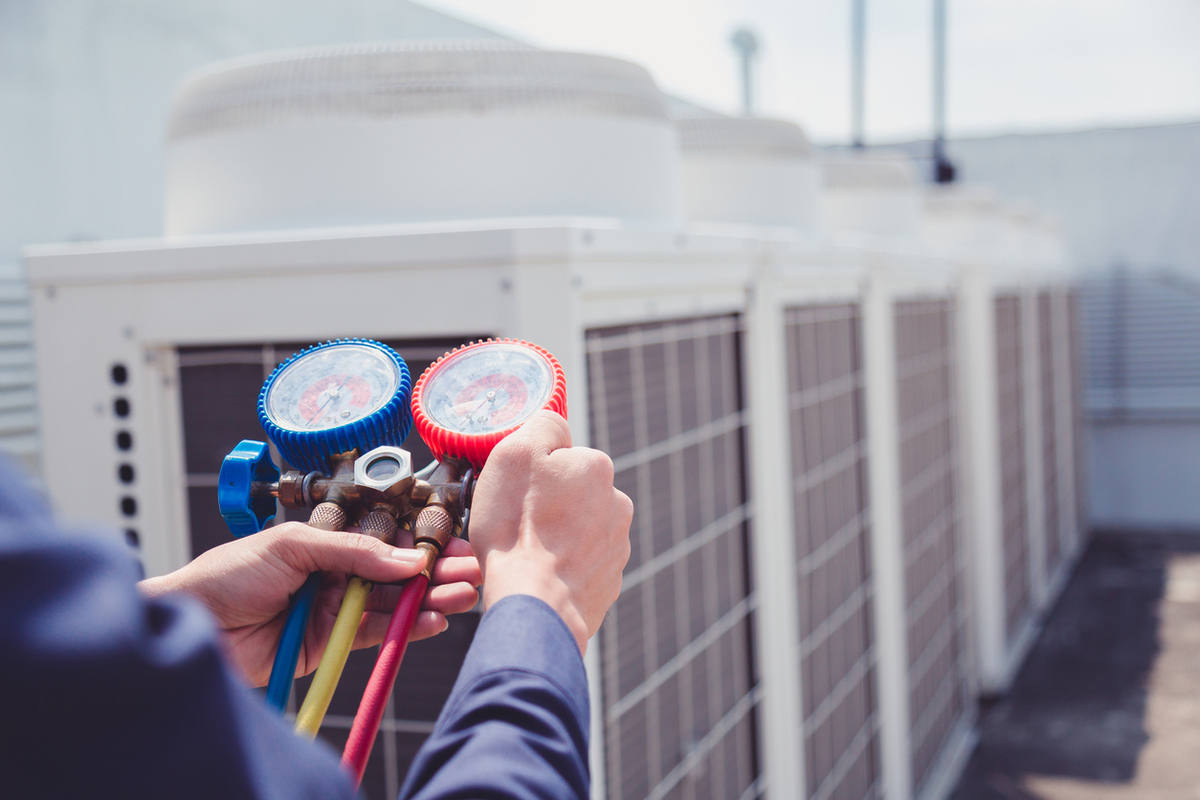
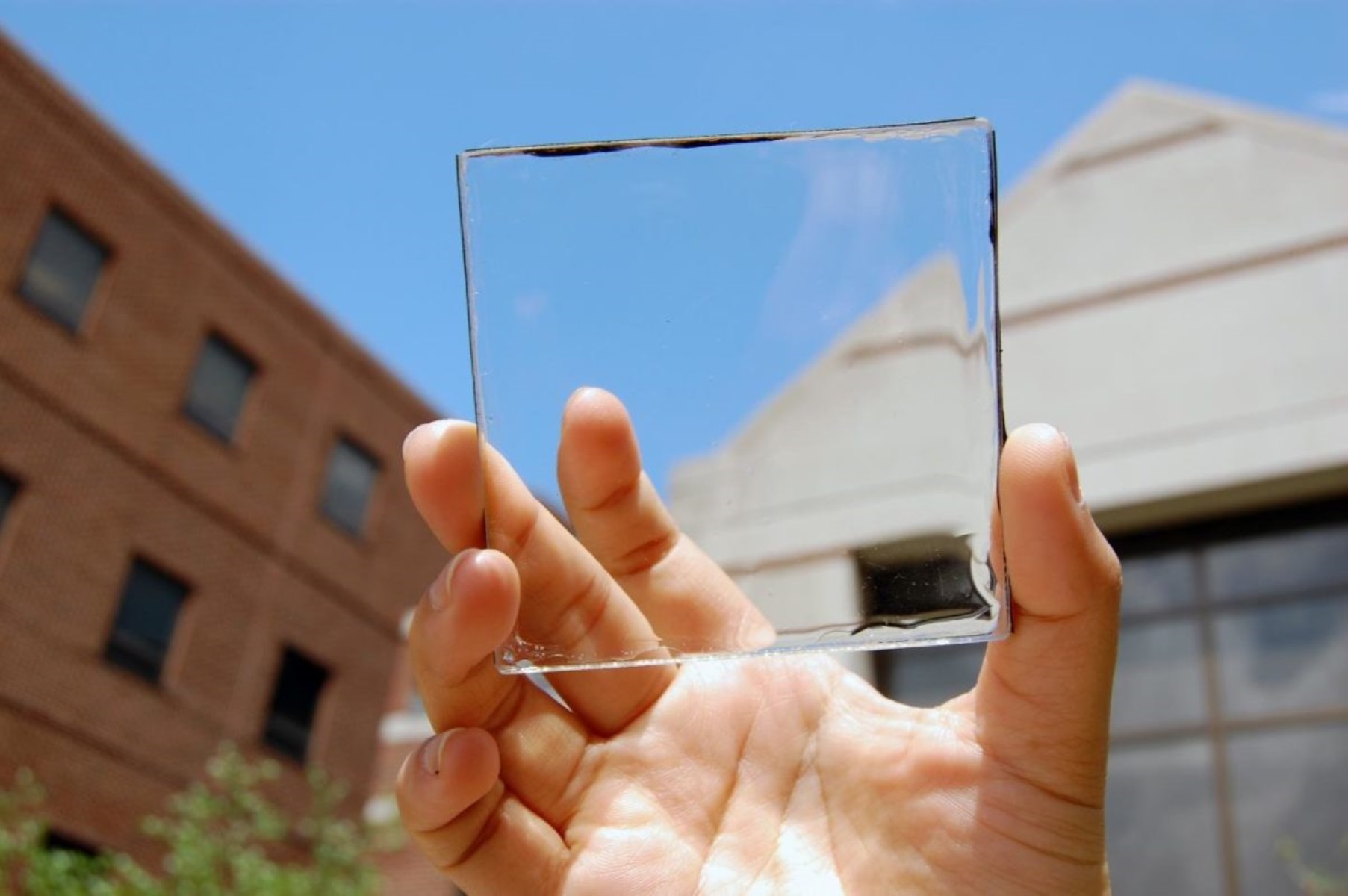
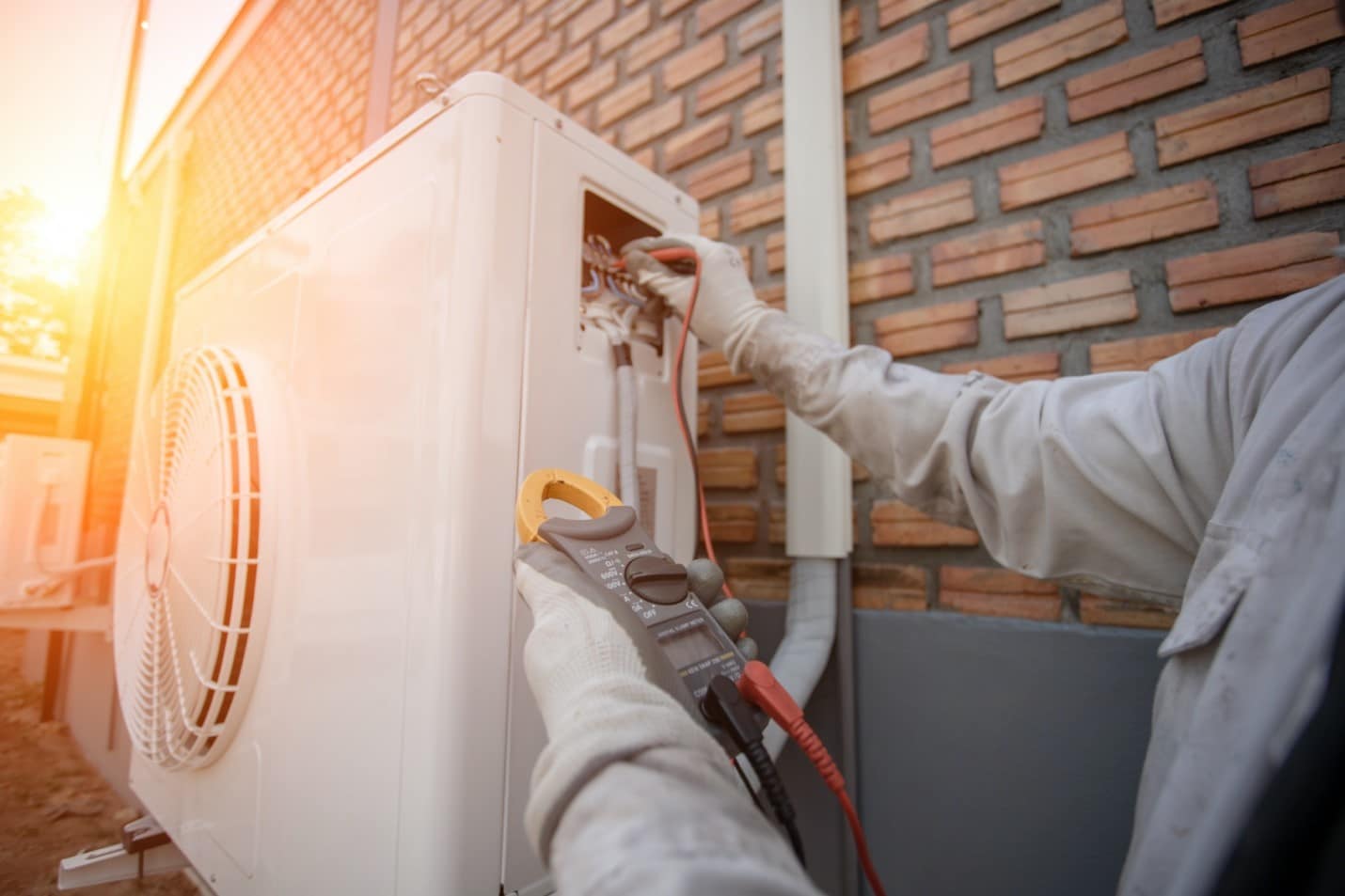
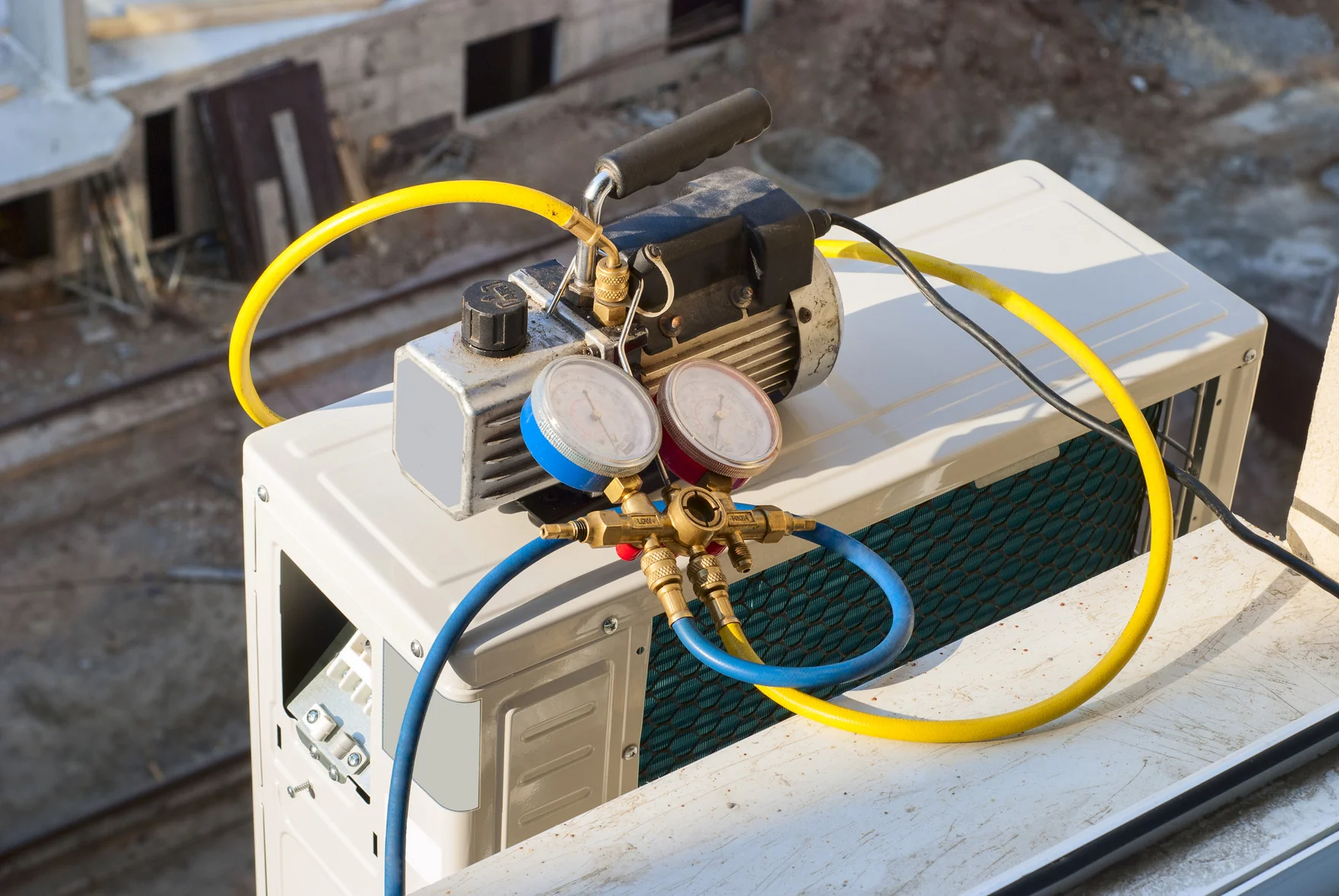

0 thoughts on “What Is Solar Air Heating”